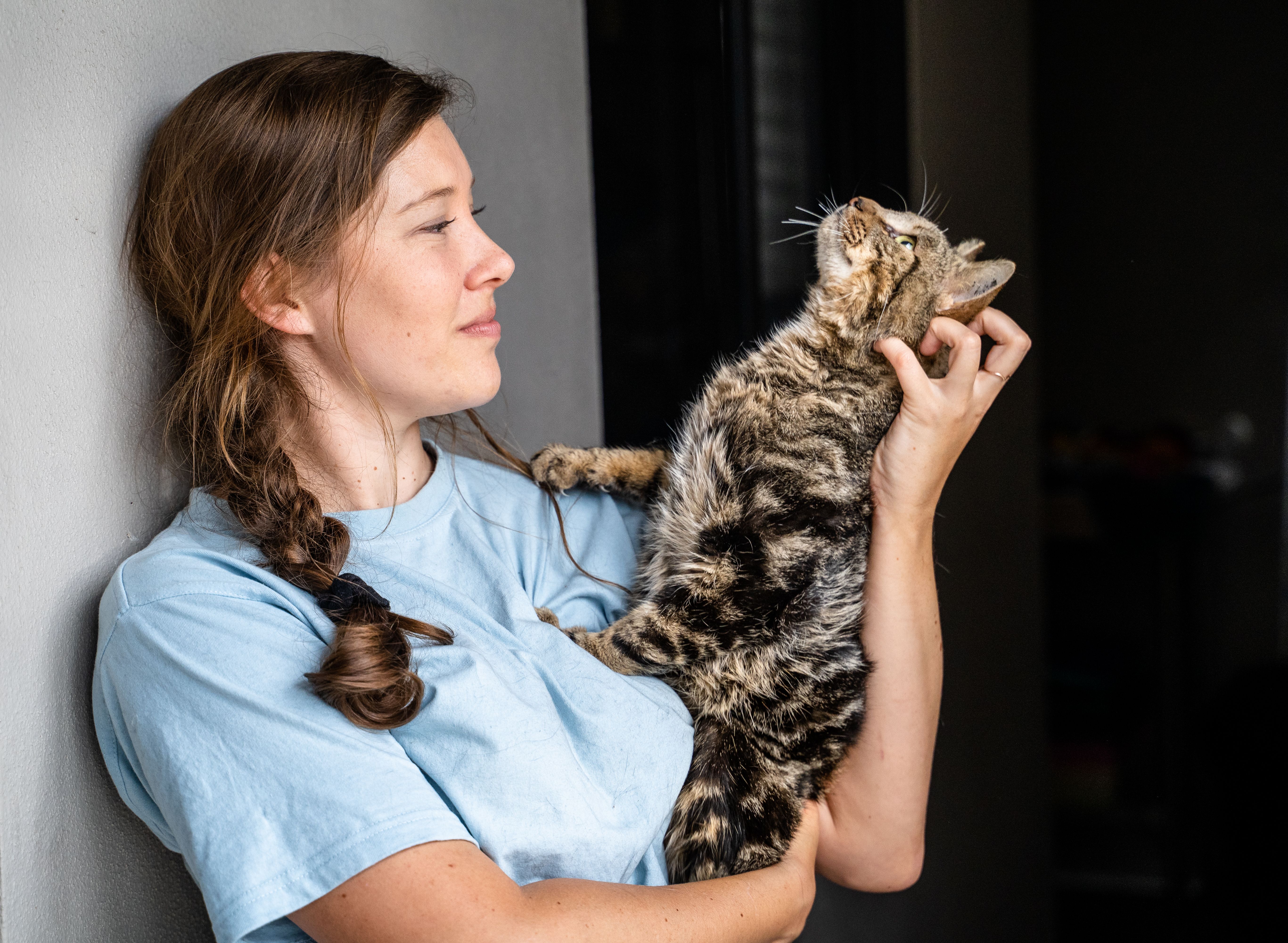Cats toileting outside the litter tray or around the house is a common issue reported by families, but with the right information, it is generally relatively easy to resolve.
The first step when you notice a sudden behaviour change in a pet is to organise a health check. Housesoiling can be a symptom of a medical issue which could cause a cat discomfort or an inability to make it to the litter tray in time. Your cat might also develop an aversion to using the litter tray if they have learned to associate the area with pain.
Cats are fastidiously clean
A cat’s sense of smell is several dozen times better than our own. If a dirty box smells unpleasant to us,imagine what it must be like for a cat to enter. Some cats will avoid using a litter tray if the litter has been soiled even once. Instead, they will seek out a toilet they consider “clean” such as your bathtub or fresh bed sheets! Remember to scoop litter trays at least twice a dayand clean them thoroughly at least every fortnight.
Cats like their own scent, especially when stressed
Cats are very sensitive creatures that love routine and can be upset by changes in their environment. Anything from moving house or a new baby, to a new perfume or moving a piece of furniture from its usual spot can all cause stress.Your cat might eliminate in a different part of the home to restore their scent if feeling anxious. They may also be trying to mask an unfamiliar scent with their own. Did you know that stressed cats can sometimes seek to mesh their scents with their owner’s, which helps them feel more secure? This is another reason why your cat might choose your bed to toilet on.

How can you help your cat feel safe?
What is the ideal litter tray setup?
Accidents happen!
If there are accidents, remain calm and clean the area with an ammonia-free cleaning product. Whatever the cause, punishment is not the answer. This will only damage your relationship with your cat and make the problem worse. Deterrents suchas citrus peel or water sprays will encourage yourcat to choose another spot, cause further anxiety and delay appropriate treatment of the behaviour.
Need help?
RSPCA School for Pets offers behaviour support and training solutions for cats both in-home and online! Get in touch today to find out more: 0436 345 739 or [email protected]